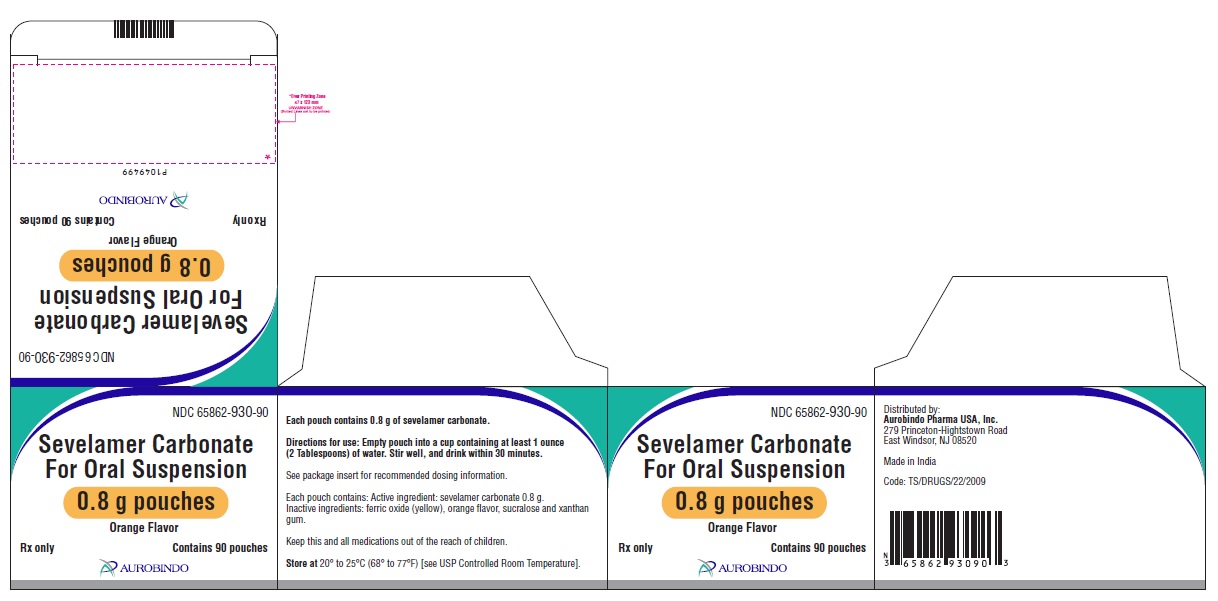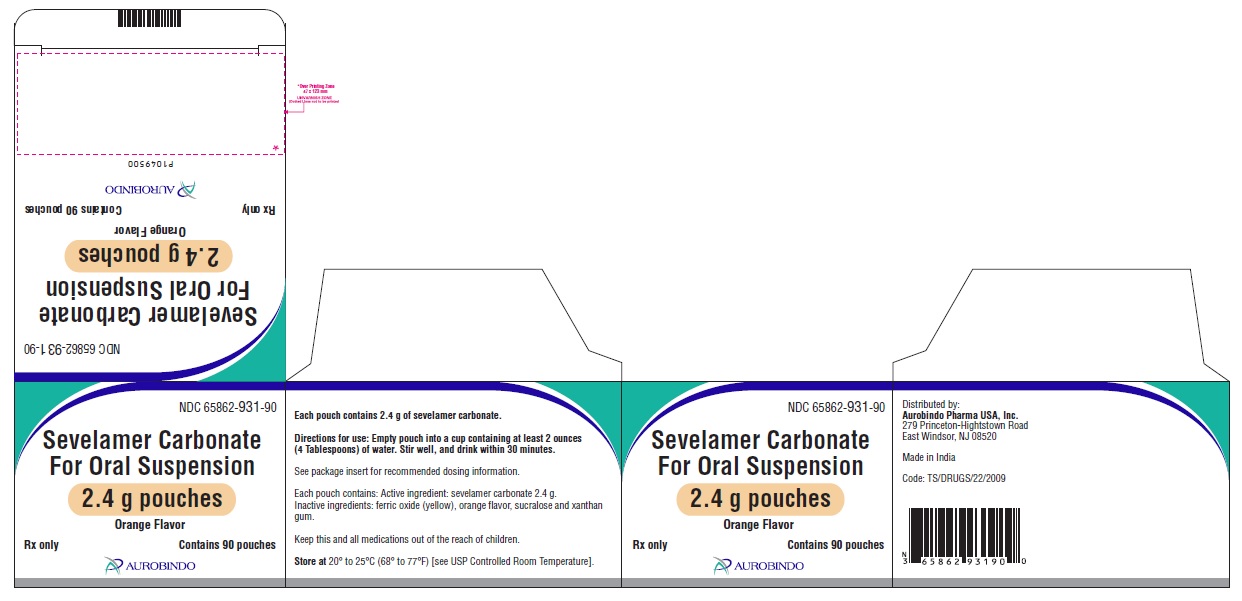
Sevelamer Carbonate Powder, For Suspension while Breastfeeding
What is Sevelamer Carbonate Powder, For Suspension used for?
I am currently breastfeeding and I want to know if using Sevelamer Carbonate Powder, For Suspension is safe for my kid? Does it have any effect on milk production?
Sevelamer Carbonate Powder, For Suspension Breastfeeding Analsys
Sevelamer carbonate while Breastfeeding
CAS Number: 52757-95-6
Because sevelamer is not orally absorbed, sevelamer does not reach the breastmilk or adversely affect the breastfed infant after maternal administration. A suspension of sevelamer has been added directly to breastmilk to lower the phosphorus concentration of milk. This could be a useful maneuver for breastmilk use in infants with renal impairment; however, clinical use has not been reported. In addition to lowering average phosphorus content by 65% to over 80%, the calcium content of breastmilk was reduced by almost as much and the casein content also decreased somewhat. With sevelamer hydrochloride, the chloride content increased by 60% and the pH changed from 6.8 to 7.8, although pH appears to rebound over time.[1][2] Addition of large amounts of sevelamer to artificial formula also lowers the copper, magnesium, manganese, potassium, sulfur and zinc concentrations by about 20%.[3] Similar reductions might occur with breastmilk.

What should I do if I am breastfeeding mother and I am already exposed to Sevelamer Carbonate Powder, For Suspension?
We are not completely sure about safety of Sevelamer Carbonate Powder, For Suspension in breastfeeding. We would suggest you to contact your doctor or health care provider and explain your situation with Sevelamer Carbonate Powder, For Suspension. If you observe anything abnormal with your baby please call 911 or contact emergency services in your area.
My health care provider has asked me to use Sevelamer Carbonate Powder, For Suspension, what to do?
If your doctor considers Sevelamer Carbonate Powder, For Suspension safe enough to prescribe for you that means its benefits outweigh its known risks.
If I am using Sevelamer Carbonate Powder, For Suspension, will my baby need extra monitoring?
Not Sure, Please check with your doctor or lactation consultant.
Who can I talk to if I have questions about usage of Sevelamer Carbonate Powder, For Suspension in breastfeeding?
US
National Womens Health and Breastfeeding Helpline: 800-994-9662 (TDD 888-220-5446) 9 a.m. and 6 p.m. ET, Monday through Friday
UK
National Breastfeeding Helpline: 0300-100-0212 9.30am to 9.30pm, daily
Association of Breastfeeding Mothers: 0300-330-5453
La Leche League: 0345-120-2918
The Breastfeeding Network supporter line in Bengali and Sylheti: 0300-456-2421
National Childbirth Trust (NCT): 0300-330-0700
Australia
National Breastfeeding Helpline: 1800-686-268 24 hours a day, 7 days a week
Canada
Telehealth Ontario for breastfeeding: 1-866-797-0000 24 hours a day, 7 days a week
